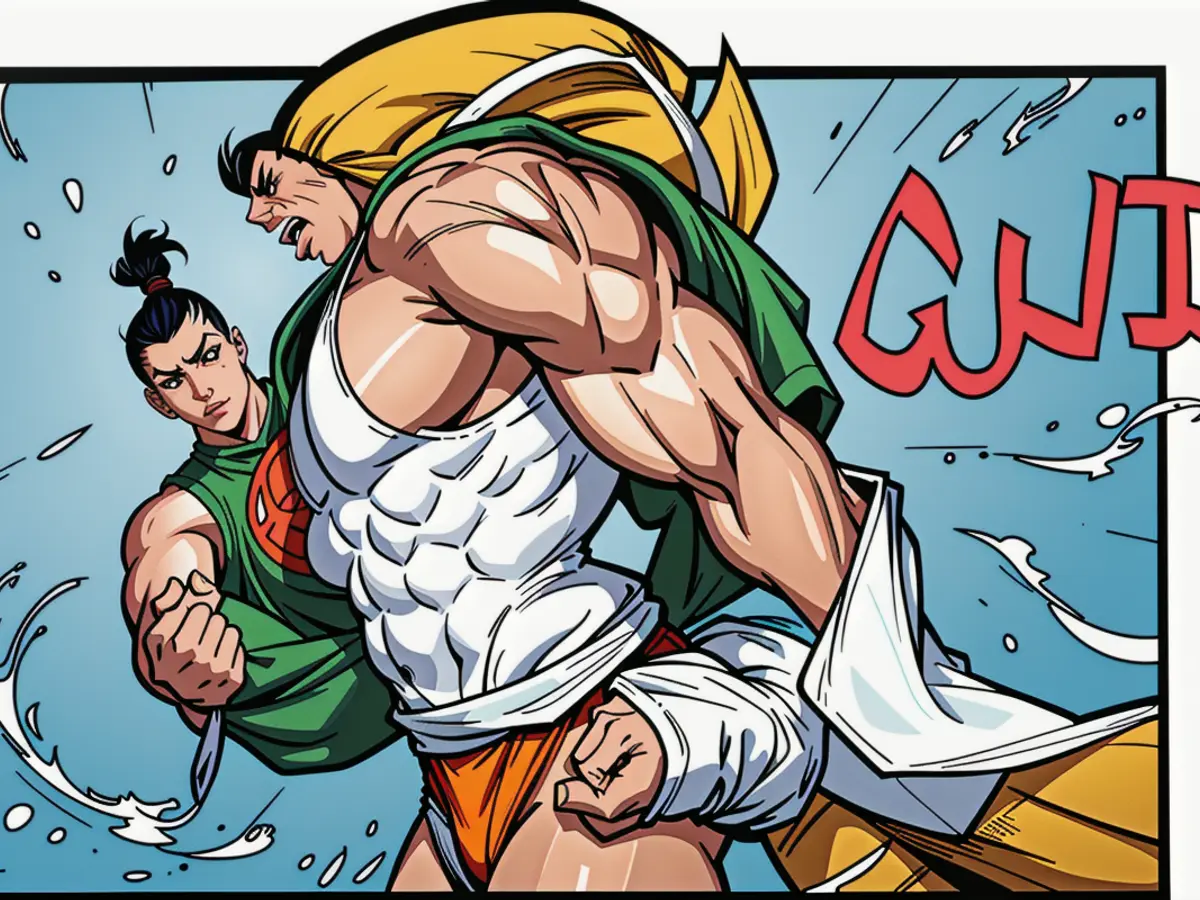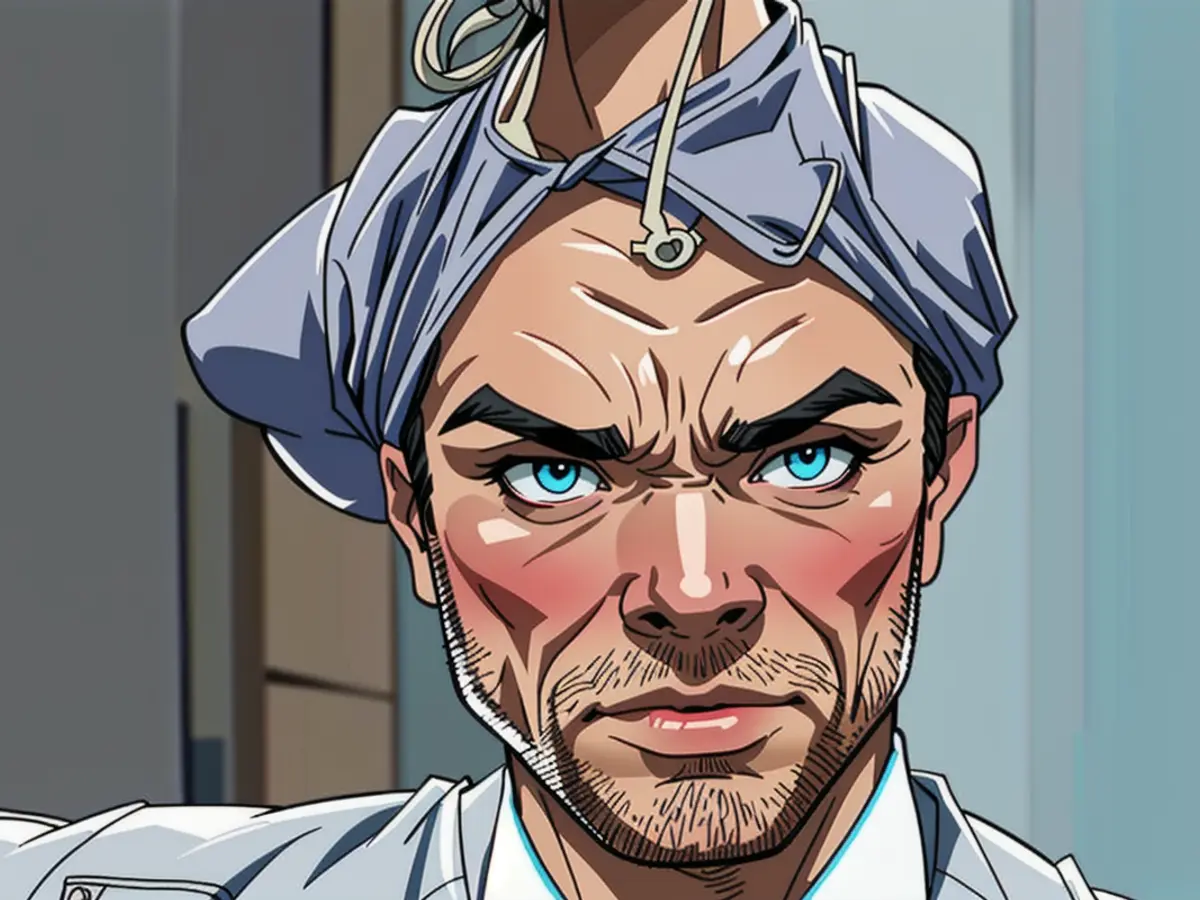Title: Overcoming Obstacles: What Managers Are Unintentionally Doing Wrong
Sarah Noll Wilson, the president of SNW Inc., is a leading executive coach and author determined to enhance the work experience by making it more favorable for humans. In the realm of leadership, we often focus on what to start doing, such as setting goals, leading initiatives, and fostering innovation. However, there's a more significant and courageous question that often goes unasked:
"What actions am I taking that may be holding me back?"
This question, while uncomfortable, is crucial, particularly for managers. It calls for self-reflection instead of new strategies, concentrating on recognizing and eliminating actions that potentially hinder progress rather than adding more to an already full plate.
The Polarizing Pull of 'More Action'
Managers are often encouraged to act swiftly, work harder, and take on more challenges. There's even a sense of honor in relentless busyness within some business cultures. This mindset is further reinforced through key performance indicators (KPIs), quarterly goals, and performance reviews. But Margaret Wheatley, a renowned leadership author, warns, "Without reflection, we go blindly on our way, creating more unintended consequences, and failing to achieve anything useful."
Take the instance of a constantly interfering manager who relentlessly offers solutions to team conversations. Although it appears helpful, this overreach in fact hinders team growth and disempowers employees. Perfectionism, micromanagement, and a compulsion to control every small detail can also easily be mistaken for productivity, but they overwhelm and undervalue the potential of a team.
By simply questioning, "Am I helping or hovering?" you can empower others to step up and flourish. This transition from a default "doer" to a deliberate observer takes courage, but it sets forth powerful changes in management.
The Brave Necessity of Self-Assessment
Admitting our own shortcomings and acting upon them is hardly a straightforward process. While it may seem convenient, excavating our flaws is seldom hassle-free. It unfolds our fragility and forces us to confront our inadequacies. But being genuine about our limitations is an essential aspect of growth, and the most courageous leaders embrace this challenge.
Lionizing our own fallibility ensures we can adapt more quickly to new circumstances and evolve as leaders. It also promotes authenticity and strengthens relationships with team members.
Start with small questions:
"What behavior of mine might be hindering my team's progress this week?"
Or, if you’ve mustered up the courage, pose the question to your team:
"What’s one thing I could do differently to be a more effective leader?"
Tools for Self-Evaluation
Now, the question is: "How do I actually assess the behaviors that may be holding me back?" Use these approaches to take stock of your actions:
1. The Daily Debrief
At the end of the day, reflect on:
- Which moments felt challenging, tense, or disatisfying?
- What served as an autopilot mode for me today?
- If given another chance, what would I do differently?
Keep a journal to track and analyze patterns over time.
2. Seeking Feedback
Ask a reliable mentor, colleague, or even your team:
"What could I change in my approach to be a 10% more effective leader?"
"What new behaviors might you suggest I embrace as a manager?"
3. Pausing Before Reacting
For a week, practice the power of pause. Ask yourself before providing an answer, making an assertion, or offering feedback:
- Is this response necessary?
- Will this action empower or disempower others?
- Is this about them or me?
This momentary pause can prevent you from defaulting to behavior patterns that no longer serve you.
By applying these strategies, leaders can identify and address their own hindering actions, allowing their team to grow and flourish. The collective transformation can lead to a more productive, cohesive, and fulfilling work environment. So, next time you feel overwhelmed, instead of questioning, "What should I do next?" try asking, "What actions should I stop doing right now?" Using courage, self-reflection, and honesty as your guides, you can unlock your team’s full potential and your own as well.
Sarah Noll Wilson, in her role as an executive coach and author, might find it beneficial to ask her clients, "What actions are you taking that may be holding you back as a leader?" During team meetings, Sarah could use the phrase, "Let's consider if our actions are helping or hindering our team's growth." In the context of her book, Sarah Noll Wilson and Margaret Wheatley could discuss how their methods challenge the common belief that "more action" is always the solution for managers.






